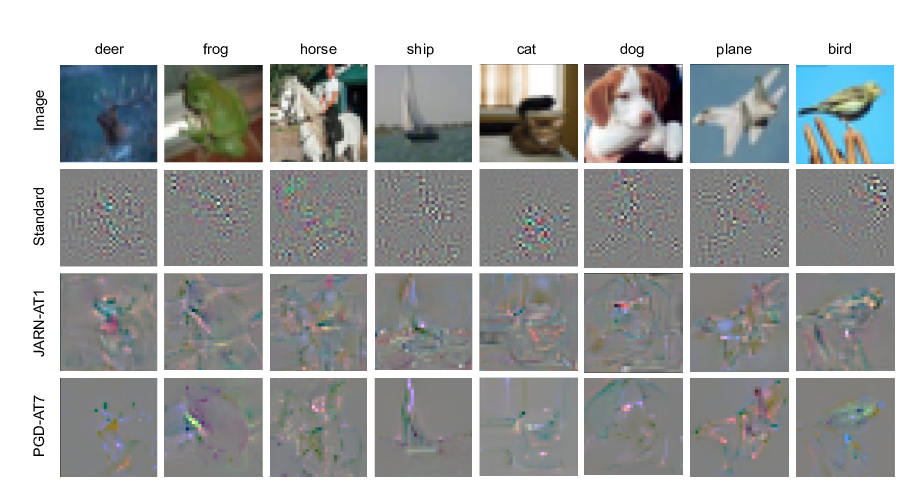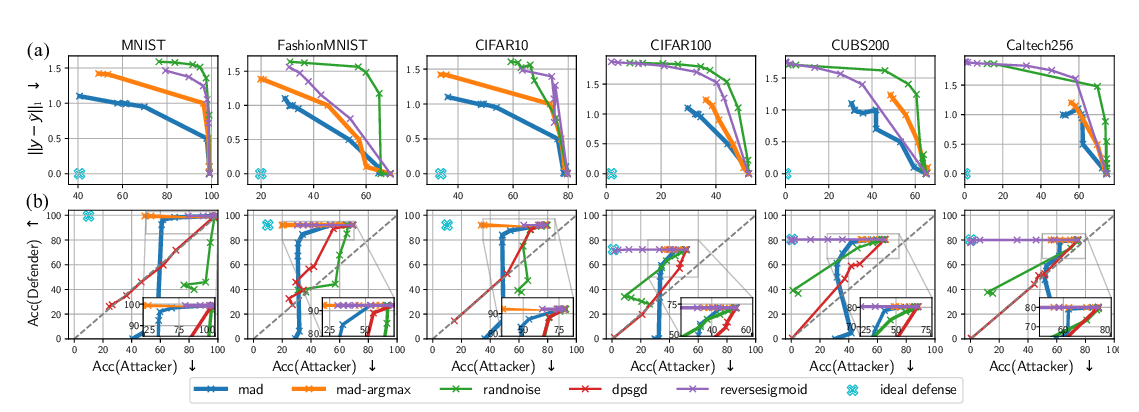Abstract:
Ensuring robustness of Deep Neural Networks (DNNs) is crucial to their adoption in safety-critical applications such as self-driving cars, drones, and healthcare. Notably, DNNs are vulnerable to adversarial attacks in which small input perturbations can produce catastrophic misclassifications. In this work, we propose EMPIR, ensembles of quantized DNN models with different numerical precisions, as a new approach to increase robustness against adversarial attacks. EMPIR is based on the observation that quantized neural networks often demonstrate much higher robustness to adversarial attacks than full precision networks, but at the cost of a substantial loss in accuracy on the original (unperturbed) inputs. EMPIR overcomes this limitation to achieve the ``best of both worlds", i.e., the higher unperturbed accuracies of the full precision models combined with the higher robustness of the low precision models, by composing them in an ensemble. Further, as low precision DNN models have significantly lower computational and storage requirements than full precision models, EMPIR models only incur modest compute and memory overheads compared to a single full-precision model (<25% in our evaluations). We evaluate EMPIR across a suite of DNNs for 3 different image recognition tasks (MNIST, CIFAR-10 and ImageNet) and under 4 different adversarial attacks. Our results indicate that EMPIR boosts the average adversarial accuracies by 42.6%, 15.2% and 10.5% for the DNN models trained on the MNIST, CIFAR-10 and ImageNet datasets respectively, when compared to single full-precision models, without sacrificing accuracy on the unperturbed inputs.


